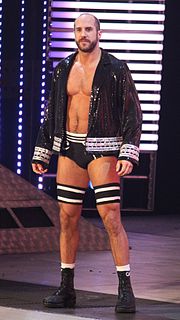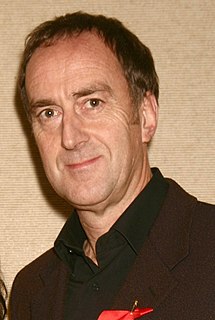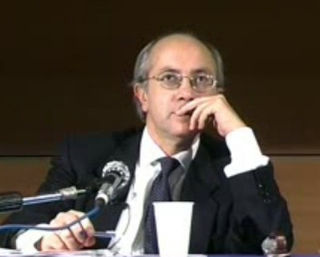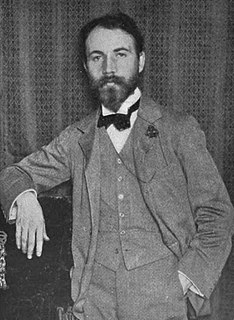A Quote by Paul Engle
For my Oxford degree, I had to translate French and German philosophy (as it turned out, Descartes and Kant) at sight without a dictionary. That meant Germany for my first summer vacation, to learn the thorny language on my own.
Related Quotes
By county, there's like 14 different accents in Mississippi alone. And now, present day, a Mississippi accent is different than in 1963. So we had a dialect coach, which is like going to visit France and having to translate all your emotions into French, and French isn't your first language. I had to go through that filter, so it was interesting.
The fact is that philosophy has been a decisive source of inspiration in all the great crises that Europe has faced. It has been so in the time that preceded the fall of the Roman Empire, when Augustine of Hippo delineated the features of a new spiritual civilization; in the age of religious wars, when Descartes and Hobbes established the principles of modern science and politics; and at the turn of the French Revolution, interpreted by Kant and Hegel as an event destined to change the history of the world.
The French need a thrashing. If the Prussians win, the centralization of state power will be useful for the centralization of the German working class. German predominance would also transfer the center of gravity of the workers' movement in Western Europe from France to Germany, and one has only to compare the movement in the two countries from 1866 until now to see that the German working class is superior to the French both theoretically and organizationally.
All the kids are learning different languages. I asked them what languages they wanted to learn, and Shi is learning Khmai, which is a Cambodian language; Pax is focusing on Vietnamese, Mad has taken to German and Russian, Z is speaking French, Vivienne really wanted to learn Arabic, and Knox is learning sign language.







































